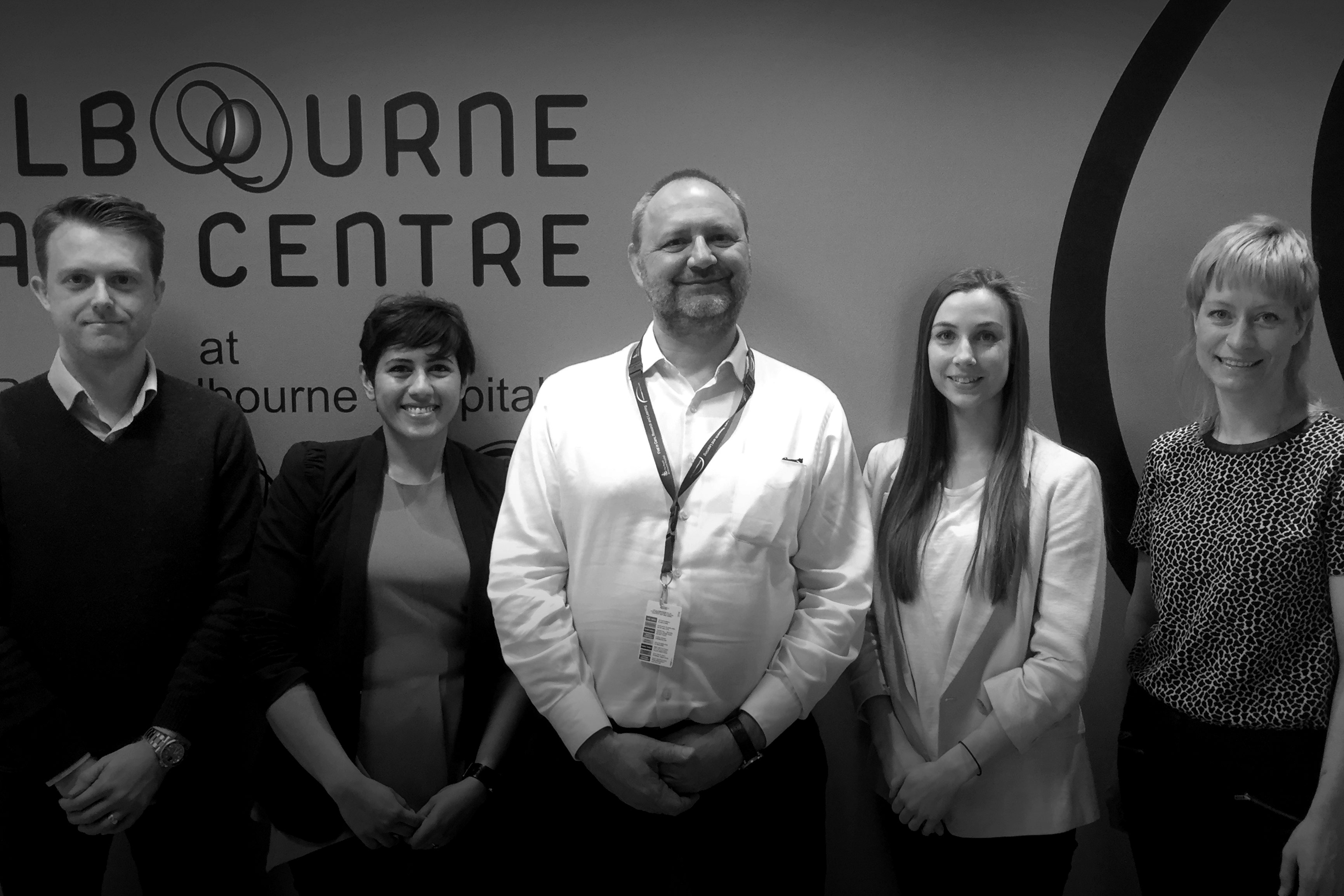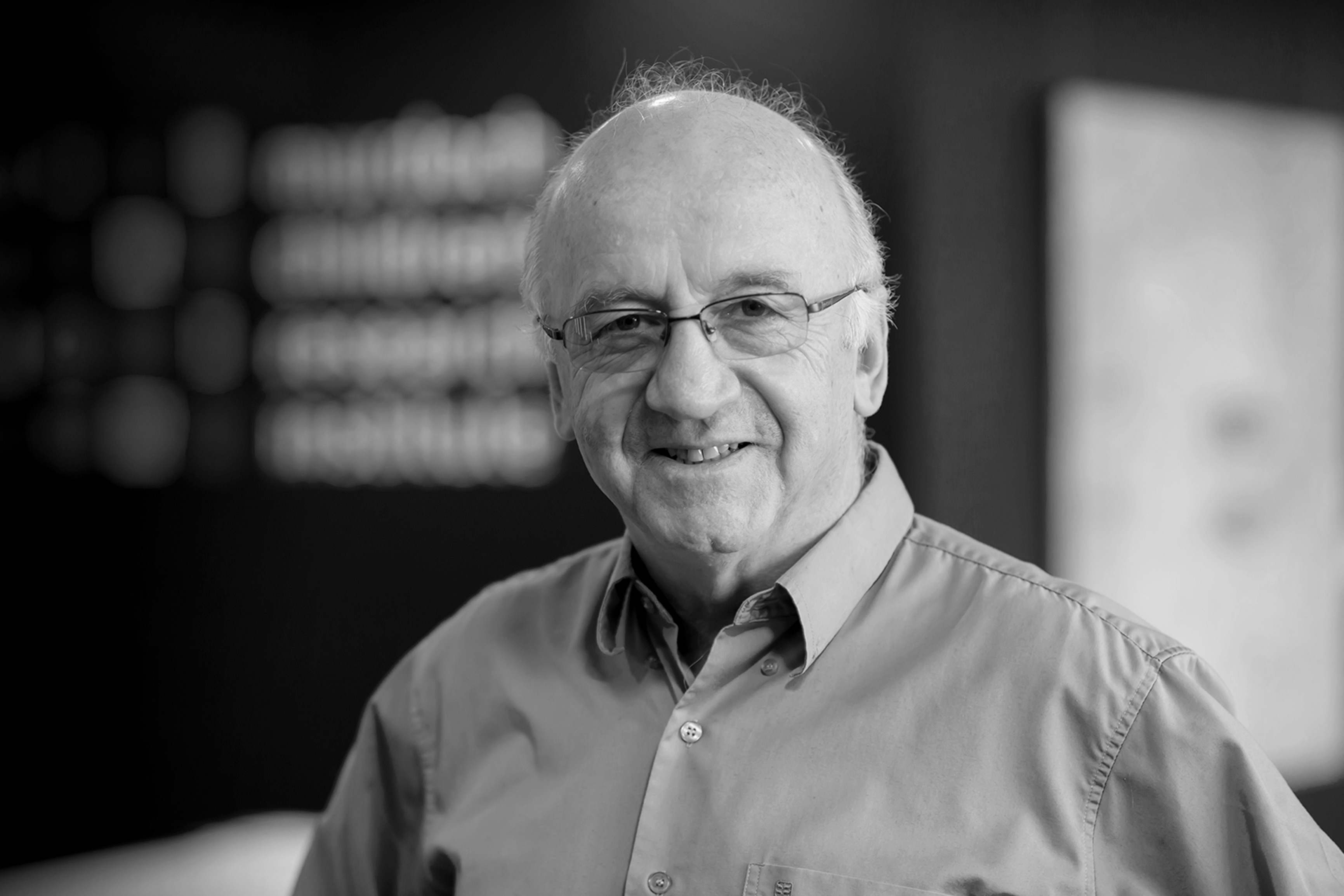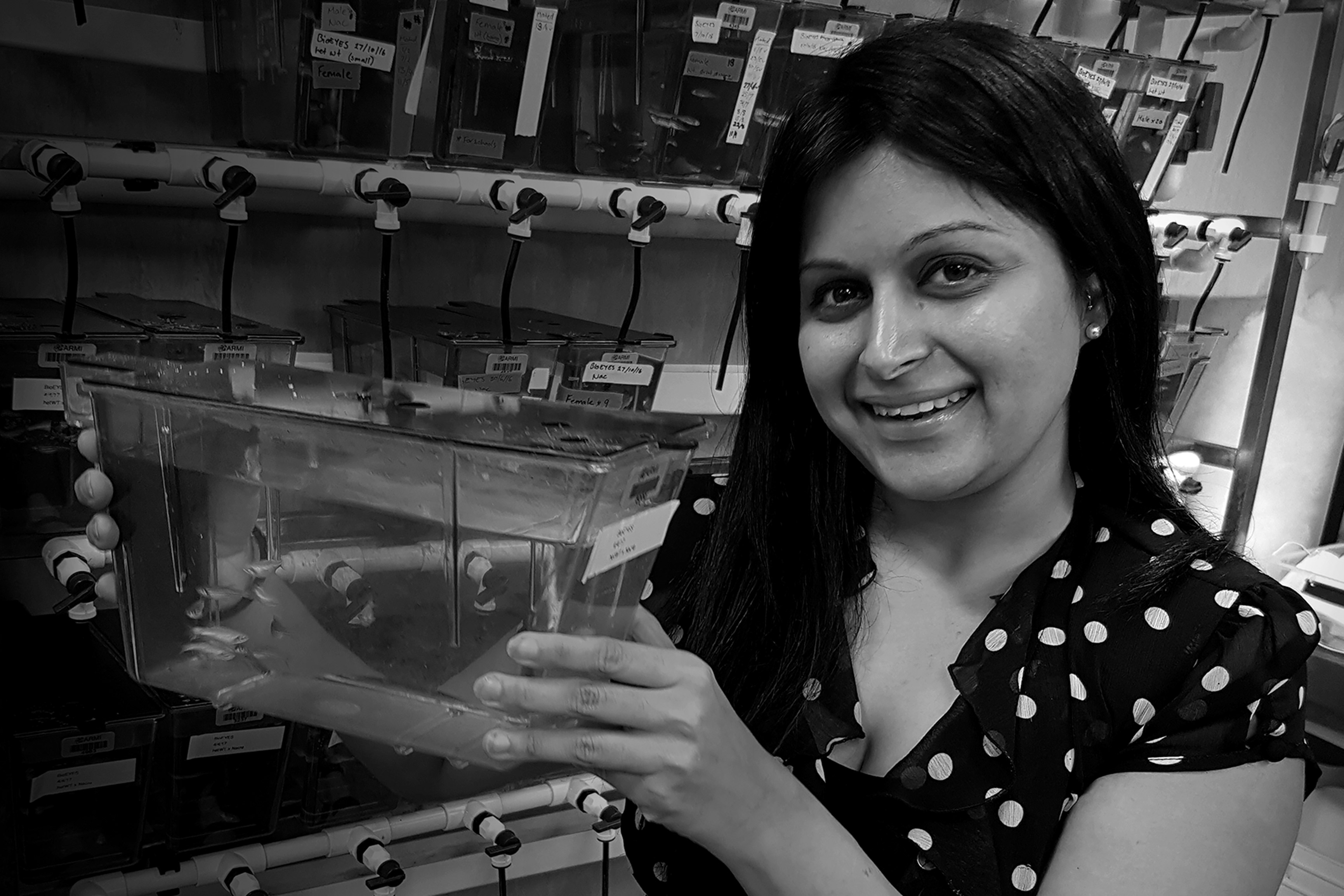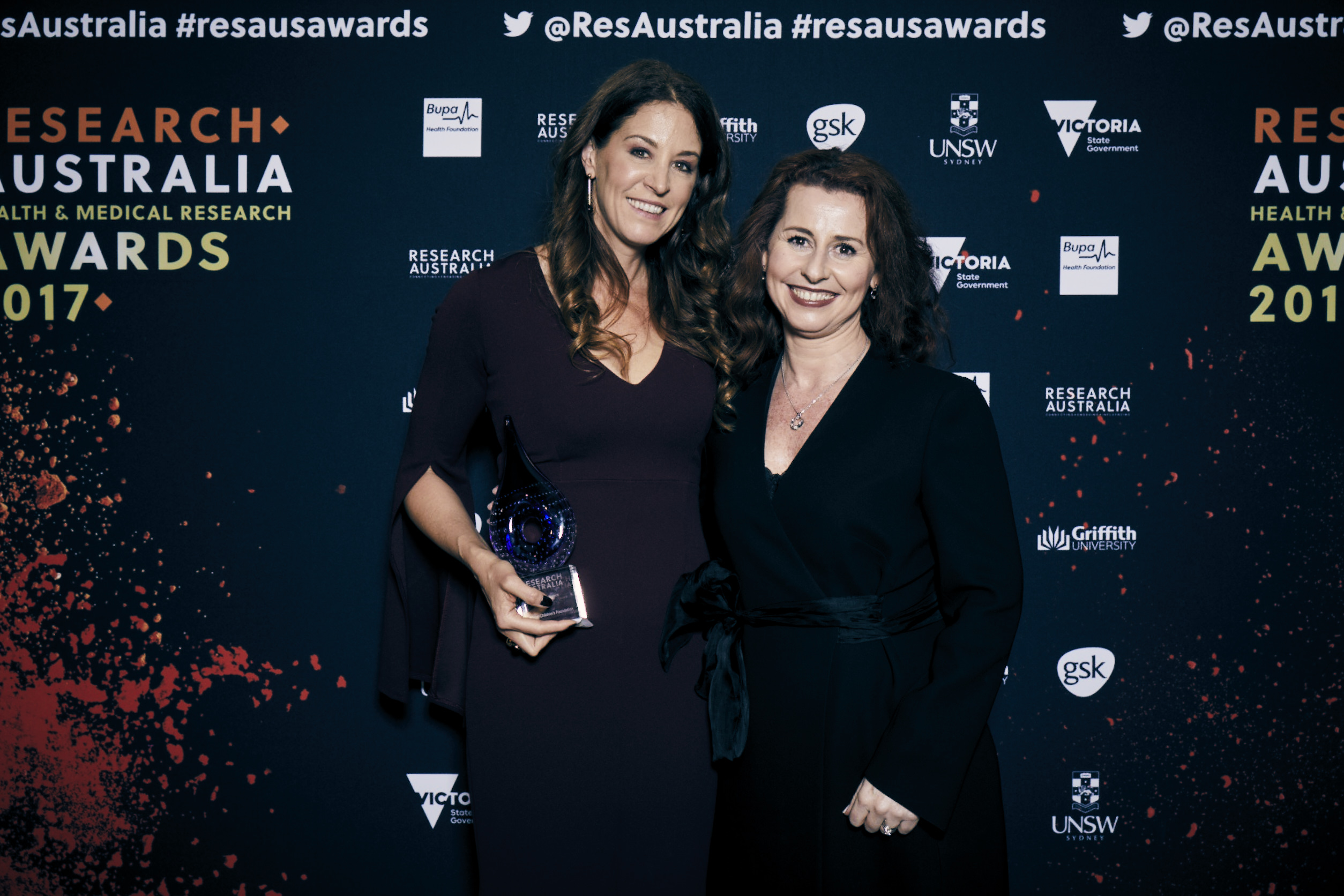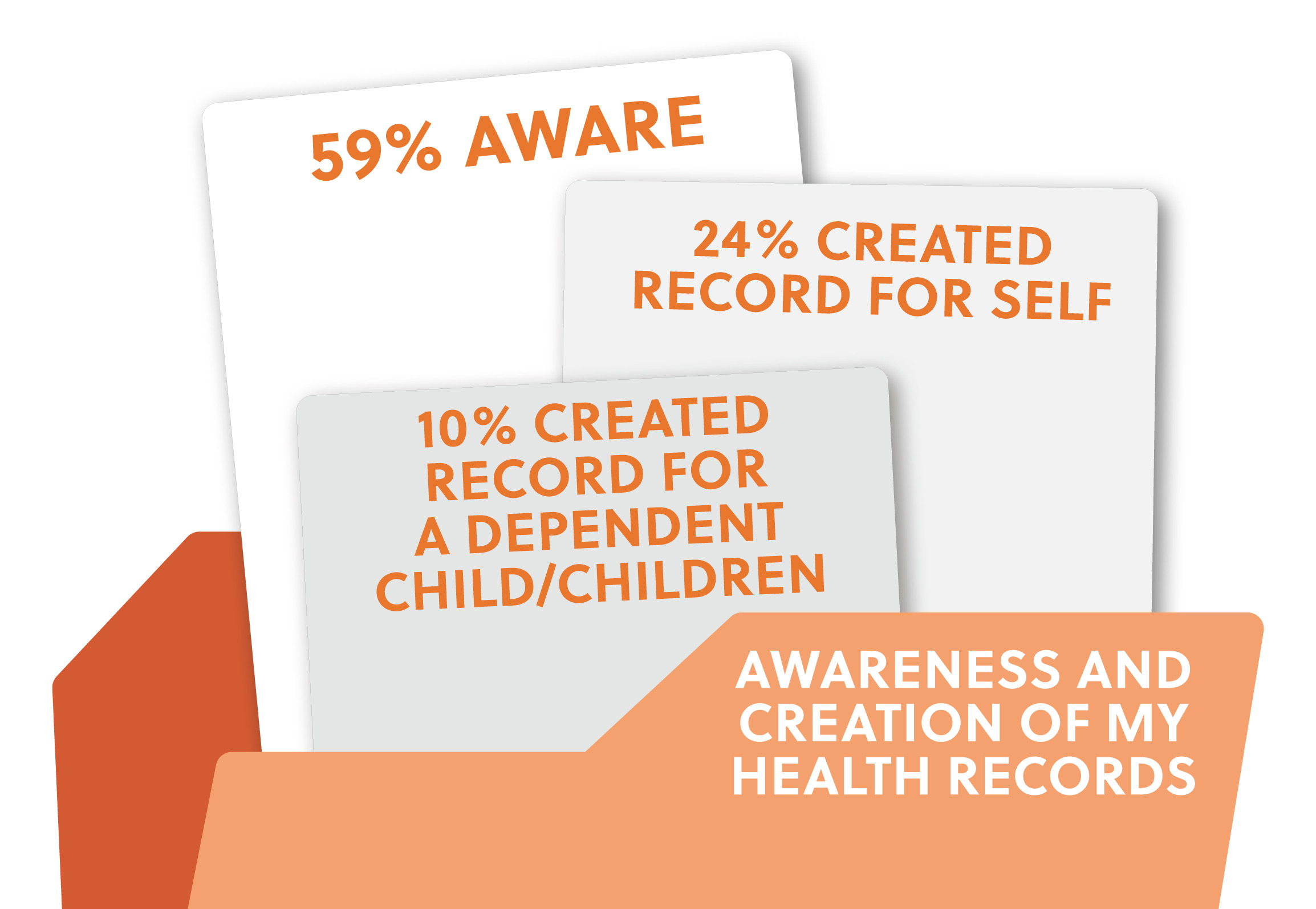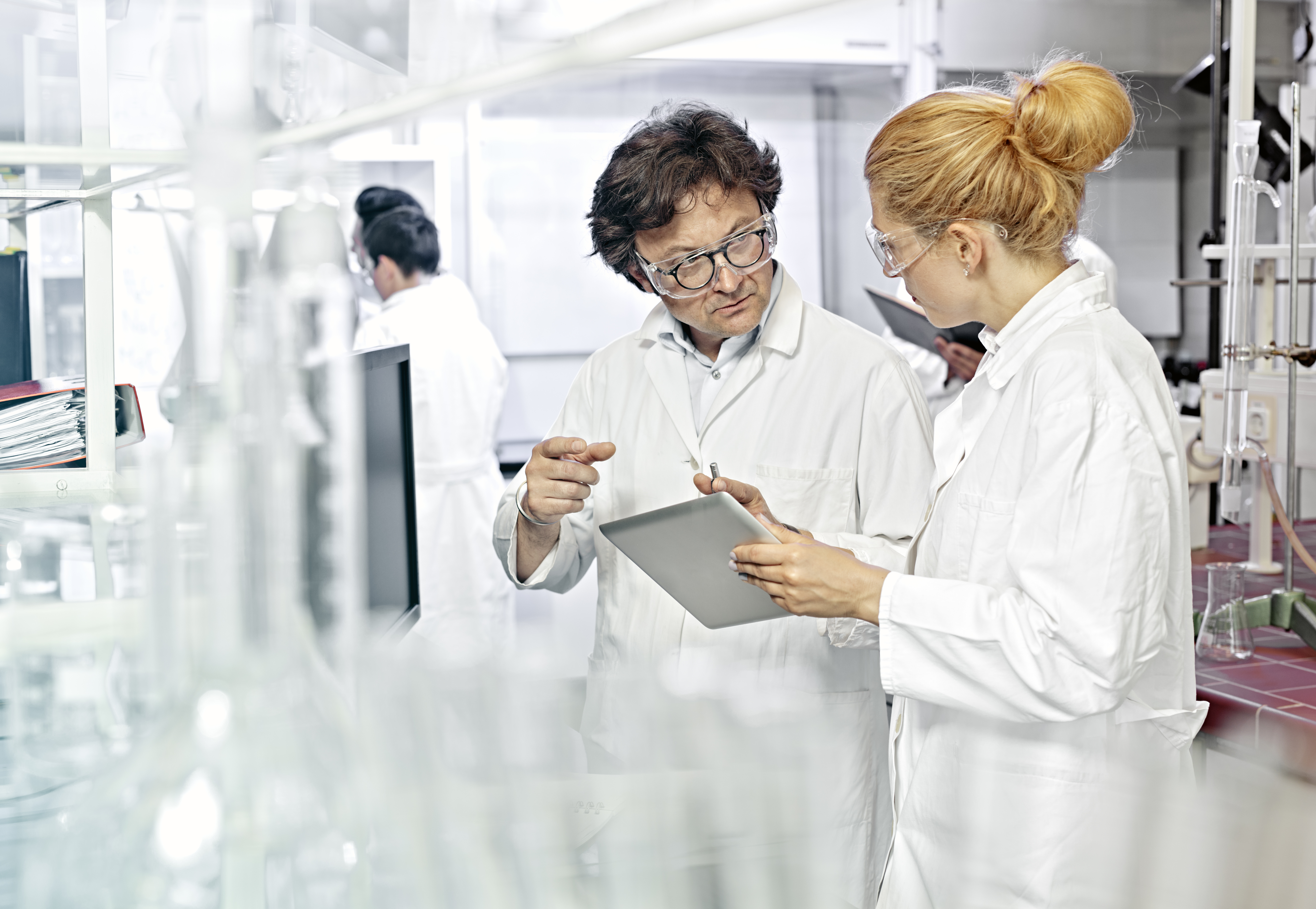Research Australia’s Collaborative Strategy and Focus Areas are now available for you to download and share.
Our vision
Health and prosperity through Australian research and innovation.
Our mission
Maximise the impact of all stages of health and medical research and innovation.
Our goals
Championing Australian Health & Medical Research
Research Australia is the national peak body for Australian health and medical research. We were set up by the federal government 22 years ago to support all stages of the health and medical research pipeline – universities, research institutes, commercial, consumer, health systems and charities.
Our Voice
Using our collective voice we represent the sector’s interests to government and convene different parts of the research community to affect policy change that benefits Australian health and medical research.
Your Innovation
We work to support and promote the incredibly talented Australian health and medical research community. Utilising our expertise we connect the entire national health and medical research (HMR) ecosystem, strengthening the bonds between academic organisations, the commercial sector, health systems and philanthropy. Together we can improve health outcomes for all Australians.
.

